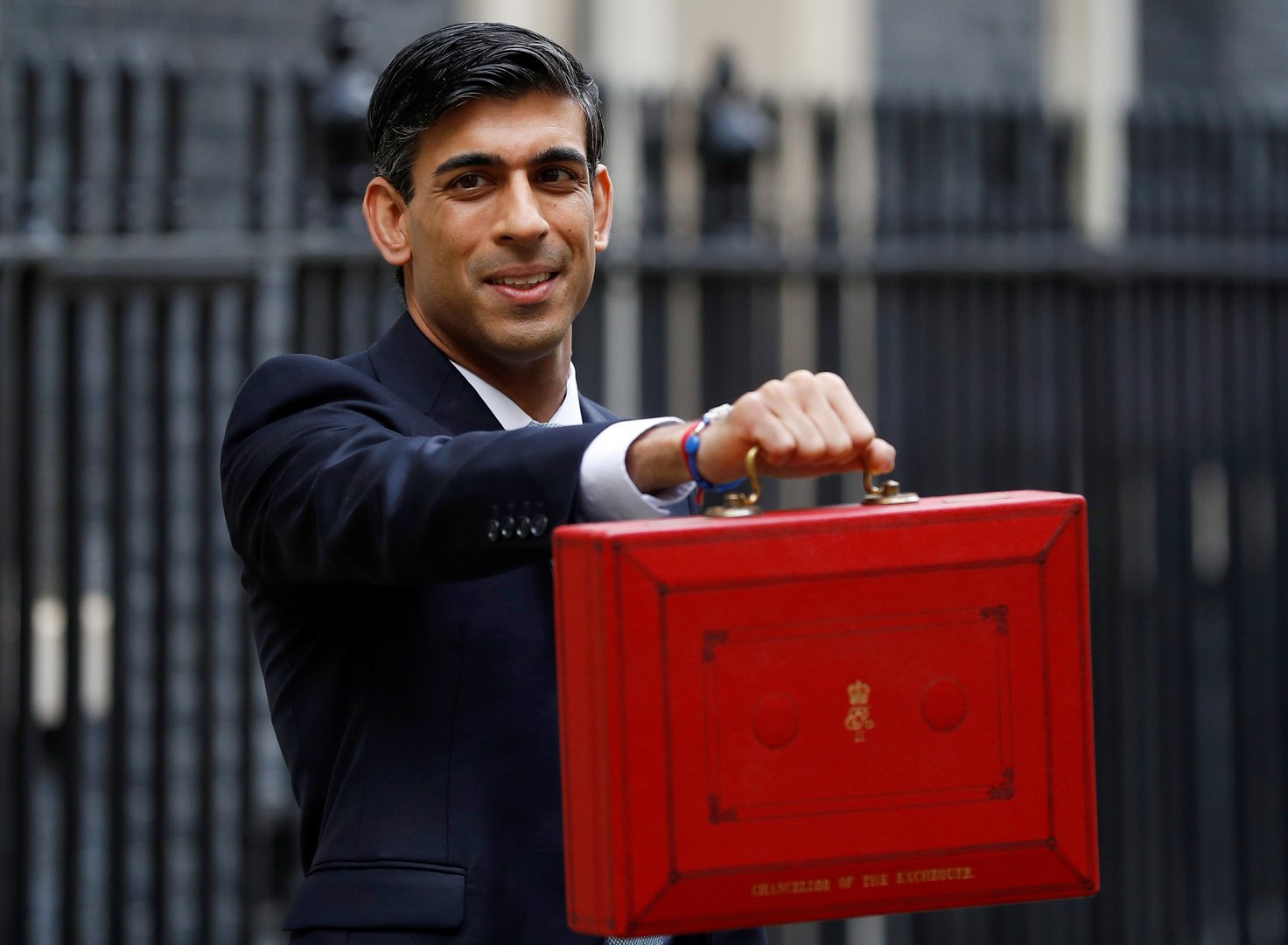Britain’s finance minister Rishi Sunak on Wednesday launched a new state-backed loan scheme for businesses hit by the COVID-19 pandemic, replacing existing programmes that have seen struggling businesses borrow some £73 billion so far.
The new scheme will offer loans from 25,000 to 10 million pounds, with an 80 per cent state guarantee, replacing the previous ‘bounce back’ scheme aimed at small businesses and programmes for larger firms.
Sunak did not give details on the interest rates or eligibility criteria for the new scheme, with media reports ahead of his Budget plan suggesting they are likely to be more stringent.
Sunak is trying to reduce companies’ reliance on the previous state-backed lending schemes as Britain prepares to ease lockdown restrictions which should lead to an economic recovery.
More than £45 billion had been borrowed by over 1.4 million companies under the so-called Bounce Back Loan Scheme for smaller businesses, which allows banks to lend up to 50,000 pounds with 100 per cent state backing.
The country’s leading spending watchdog last October warned more than half of that money may never be repaid due to fraud and defaults, given the limited checks banks were required to do.
A further £27 billion has been loaned via two schemes for medium and large-sized companies, with 80 per cent of the lender’s exposure backed by the state.
The lending support has helped defer or even prevent bankruptcy for many companies in hard-hit sectors such as retail and travel, meaning Britain’s banks have yet to see much impact on their loan books from the pandemic.
But the support has sparked concerns that the loans are propping up ‘zombie’ companies that will collapse as soon as the life support plug is pulled.
The furlough scheme, due to end in April, will run in its current form until the end of June, by which point the government hopes to have lifted any remaining coronavirus restrictions. But Sunak wants to avoid a jobs cliff-edge by withdrawing the furlough scheme too quickly; it will continue until the end of September, with employers gradually picking up a bigger share of the wages of laid-off staff.
Corporation tax to rise from 19 per cent to 25 per cent from April 2023, Sunak says.
But companies with profits of less than £50,000 will still pay 19 per cent, he says. He says this means only 10 per cent of firms will pay the higher rate.
Sunak will not raise the rates of income tax, national insurance or VAT, he says. But personal tax thresholds will be frozen. He says the basic allowance will continue to go up to £12,570, as planned. But then it will stay at that level until 2026. And he says the higher rate threshold will also go up to £50,270. But then it will be frozen for the same period.







Click here to change your cookie preferences